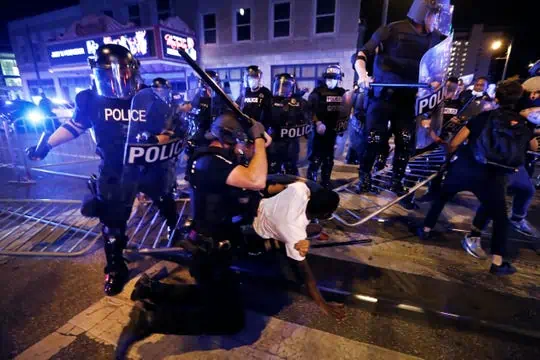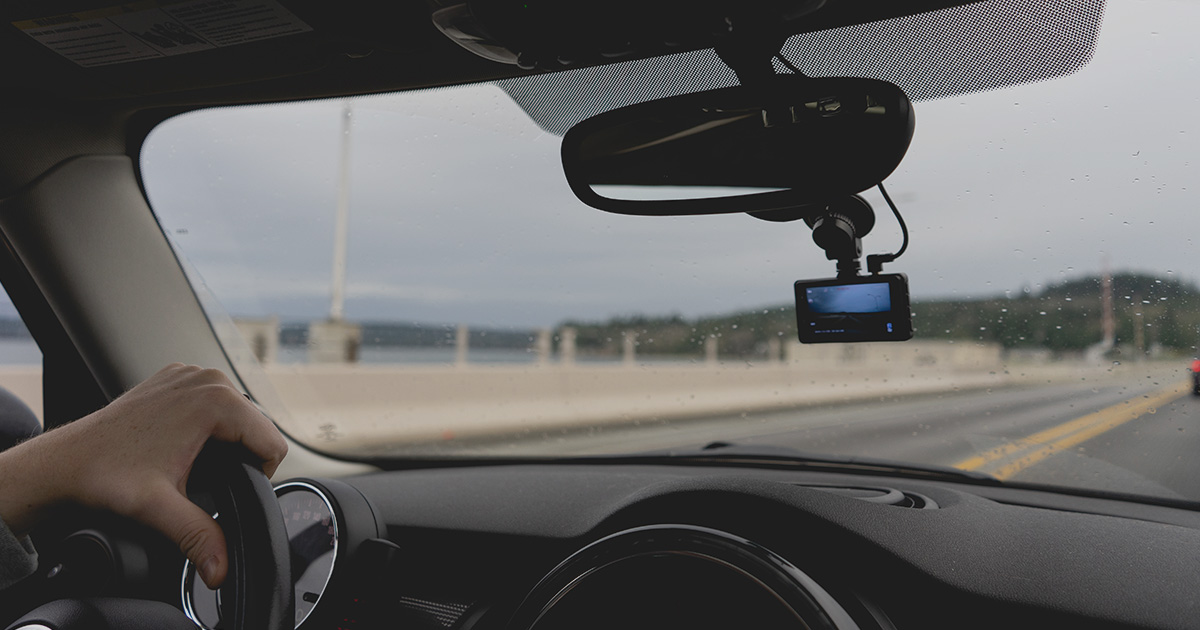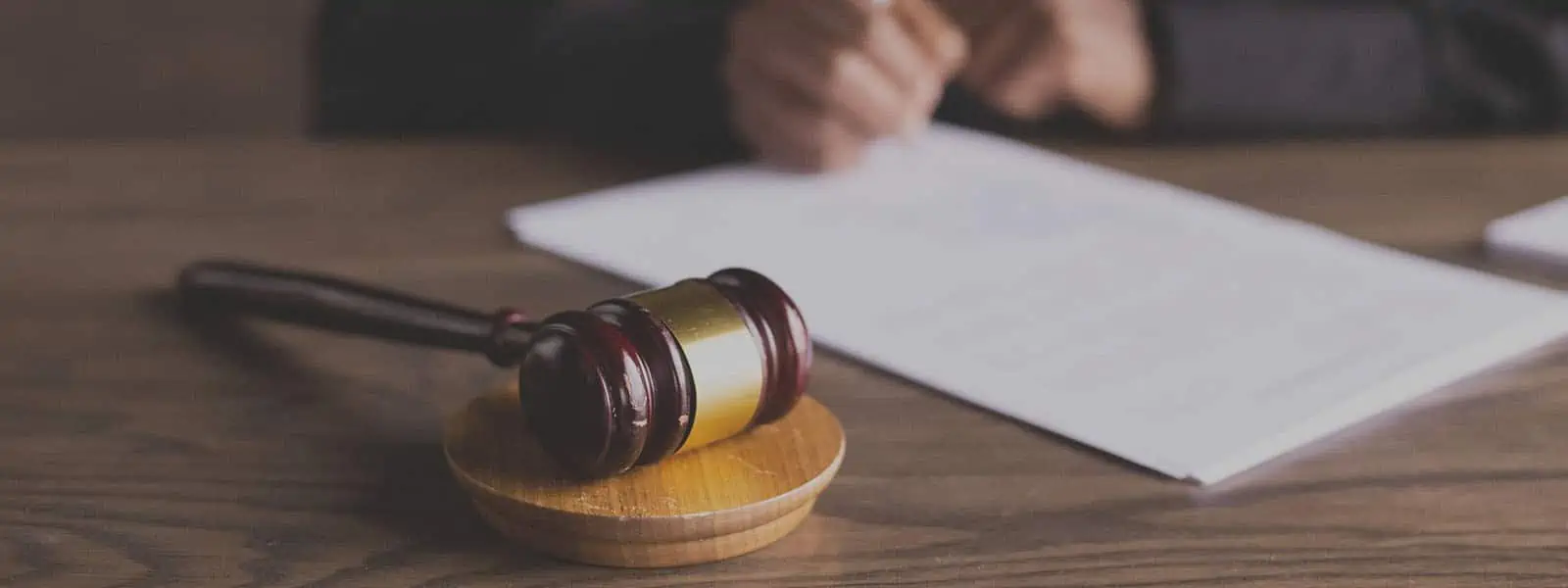
Police brutality has been a hotly debated topic in the U.S. The summer of 2020 saw protests in cities across the nation after a number of highly-publicized instances in which African Americans were killed at the hands of police. But how, exactly, is police brutality defined? There are actually several types of police brutality, and not all involve violence.
Wrongful Search and Seizure
The Fourth Amendment of the U.S. Constitution states that law enforcement officers must have “probable cause” to search you or your property. Usually, this require a court to determine that enough “probable cause” exists to grant a “search warrant” giving police the necessary permission. Officers can stop you and search you if they have “reasonable suspicion” you’ve committed a crime, but they can’t do a “strip search”. If the officers don’t have probable cause or a valid warrant, any evidence they seize in a search cannot be used against you in court.
Racial Discrimination
The law is supposed to treat all U.S. citizens the same, regardless of race. It’s unlawful for police to treat someone with bias. Yet studies have shown that police are more likely to stop and search African Americans and Latinos. If a police officer brutalizes a person based on (by using unnecessary force, humiliating tactics, or the like), the victim may also raise a claim a Civil Rights violation in addition to police brutality.
Sexual Harassment/Abuse
Next to excessive force, this is the second-most reported form of police brutality. In 2015, a report by The Washington Post found that a police officer is accused of sexual misconduct at least every 5 days in the U.S. An officer may use his or her badge and authority to take advantage of people who are afraid to resist, or people they feel will not be believed later (such as women involved in the sex trade or someone under the influence of alcohol or drugs).
Use of Excessive Force
Police are expected to use the minimum amount of force necessary, proportional to the threat, to protect themselves and others from harm. And the use of force should stop when the need for force ceases. But police can cross the line when they use excessive force such as baton beatings, chokeholds, unwarranted use of tasers or firearms.
False Arrest/Wrongful Imprisonment
No one should be detained or arrested without probable cause, evidence, or an arrest warrant. (And if you are arrested, you have a right to appear before a court within a reasonable amount of time.) For example, if an officer arrests you just for saying something he or she didn’t like, that’s an abuse of their power. Likewise, “fabricated evidence” or evidence “planted” on you or your property also constitutes police brutality.
You can file a complaint against police officers who overstep their authority, and it could lead to criminal charges against them. At the same time, you can also file a civil lawsuit seeking financial compensation.
If you think you’ve been victimized by police, call The Cochran Firm Midsouth at 901-523-1222 today for a free consultation.

July 11, 2023

February 23, 2022

February 23, 2022

February 23, 2022